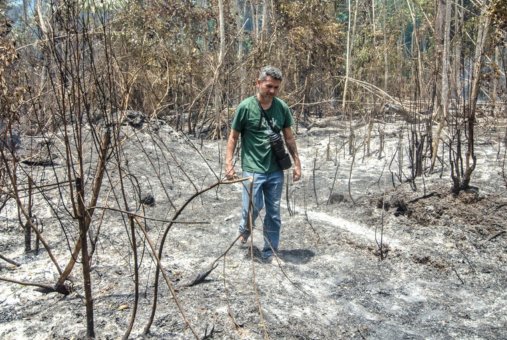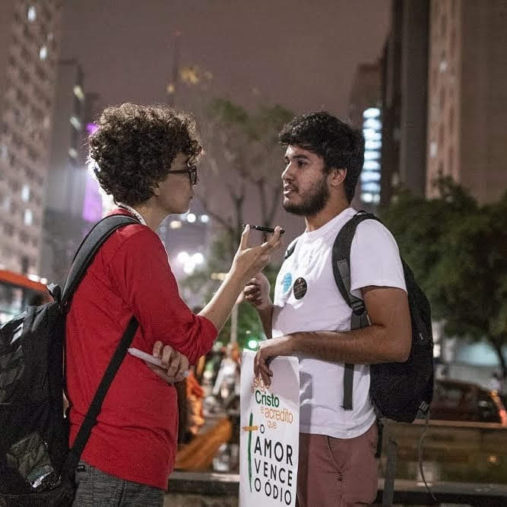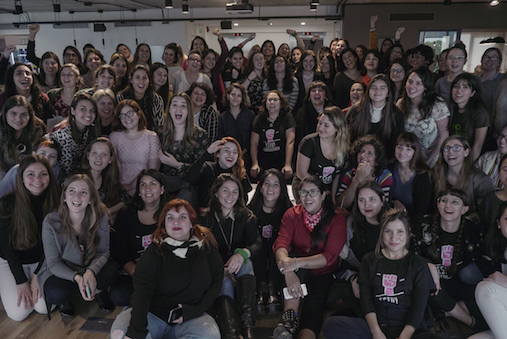
Working independently and without the consistent backing of a newsroom, reporters say they are motivated to cover these issues out of a desire to shed light on problems and create change.

A majority of the 10 people working for the site have other jobs besides Ponte. That's because the site's revenue still does not allow full pay for the entire team and occasional collaborators.

"Making journalism is not cheap. We get specific incentives to move forward, but our biggest challenge is getting people to understand that our outlet is important and so it needs to survive."
Residents of favelas, villages and low-income neighborhoods all over Brazil gathered in Rio de Janeiro for the 1st National Meeting of Communication of the Peripheries. After four days of discussion between Oct. 12 and 15, 70 activists and communicators wrote a statement in which they committed to creating a network of support and action to use communication as a tool to fight for life and to guarantee human rights.
In just one year, Brazilian journalists received almost $1 million (U.S.) in prizes for their work. This is according to a recent report published by premiosdejornalismo.com, a site that catalogs awards available to journalists working in the South American country, with the idea that these prizes contribute to strengthening the trade.
In nearly eight years of anticipation for the 2016 Olympic Games, the reporters who occupied the city of Rio de Janeiro tried to understand one of the most complex Carioca characteristics to "translate:" the favelas. Between 2008 and 2016, the volume of articles published in the international press that mentioned these communities rose almost seven times, to a total of 1,094 reports.
How can you explain the process of transformation of public policies of communication promoted by the initiatives of civil society in Latin American countries in recent years?
When acclaimed Colombian journalist Hollman Morris was named last year as the new manager of Bogotá's public TV station Canal Capital, it seemed like a risky strategy to remove most of the channel's commercial programming and devote more resources to covering human rights.
Following seven hours of debate, the city government of Buenos Aires on Thursday, May 30, passed legislation relating to the protection of press and civil liberties, AFP reported. The approved text states that "the Autonomous City of Buenos Aires guarantees the rights of all to freely search, express, receive and disseminate, through whichever manner they choose, information, opinions, ideas, and cultural demonstrations," AFP added.
The government of Ecuador will continue to push the Organization of American States, or OAS, to accept the reforms it proposed to the Inter American System on Human Rights and the Inter American Commission on Human Rights, or IACHR, according to newspaper La Hora.
The deaths of 81 inmates in a prison fire in Santiago this month have brought angry response by users of social networks, who criticized prison conditions in Chile and accused the media of insensitive coverage, Global Voices Online reports.

A collaborative journalism marathon that involved about 100 people in Argentina – almost all of them women – and resulted in 13 reports published in 12 media outlets is about to be repeated in Colombia and Mexico